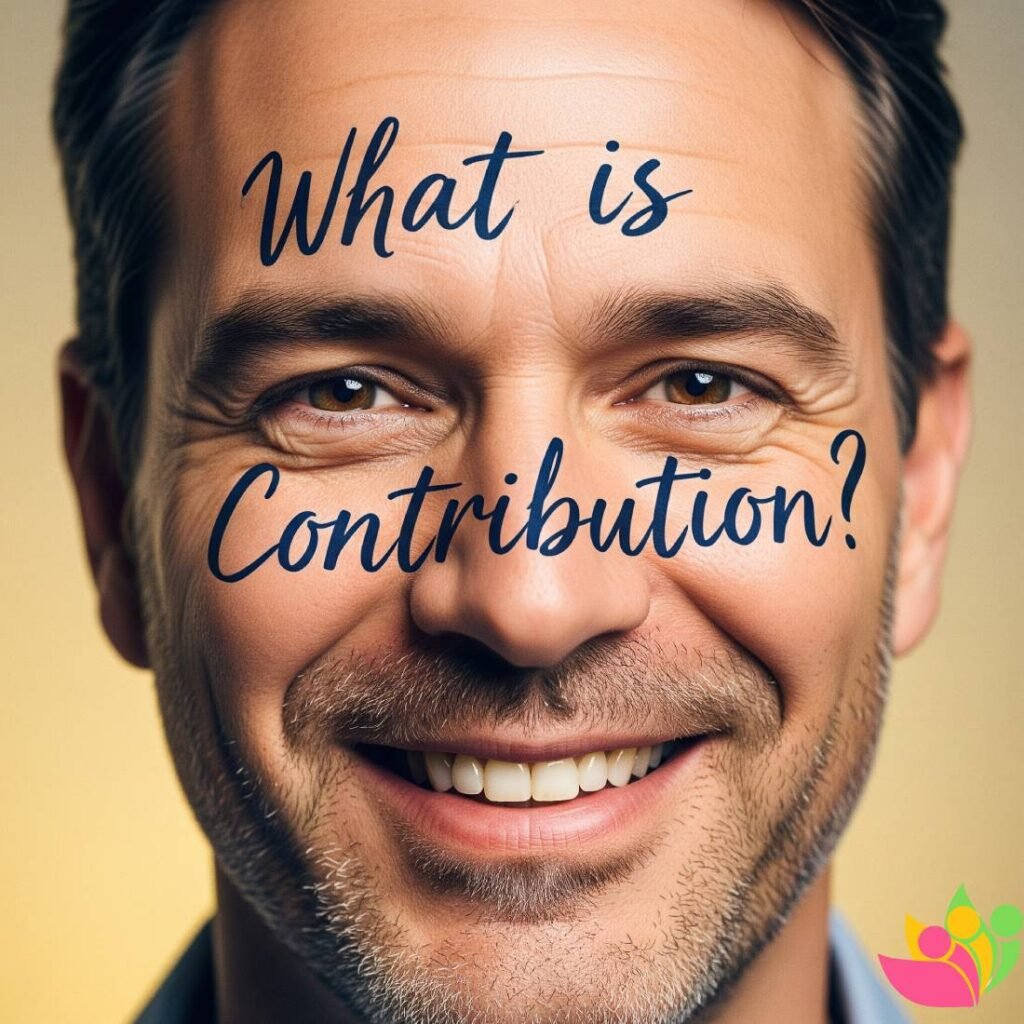Giving is a powerful act that can transform lives, communities, and even the world. It involves contributing one’s time, skills, resources, or money to support a cause or help those in need. Giving is not just about charity or philanthropy; it is a fundamental human trait that reflects our empathy, compassion, and desire to make a positive impact on others.
The Importance of Giving
Giving is not only beneficial for the receiver but also for the giver. It has been scientifically proven that giving can increase happiness, reduce stress, and improve mental and physical health. When we give, we experience a sense of purpose, connection, and fulfillment that can lead to a more meaningful and satisfying life.
Moreover, giving strengthens relationships, both with ourselves and with others. It allows us to connect with like-minded individuals and organizations and build a sense of community around shared values and goals. Giving also helps us develop empathy and understanding towards those who are less fortunate, marginalized, or facing challenges that we may not have experienced.
The Benefits of Giving
Giving can have numerous positive effects on our personal and professional lives. For instance, it can help us develop new skills, gain valuable experience, and expand our networks. It can also lead to personal growth and development, as we confront our fears, biases, and limitations and push ourselves beyond our comfort zones.
Additionally, giving can improve our health and well-being, by reducing stress, promoting happiness, and boosting our immune system. Studies have shown that people who give regularly are more likely to live longer, healthier, and happier lives than those who don’t.
The Different Ways to Give
There are many ways to give, and no single approach is better than the others. Giving can take many forms, including donating money, volunteering time and skills, sharing resources, and providing emotional support. The key is to find a way to give that aligns with our values, interests, and abilities and that has the most significant impact on the people or causes we care about.
For instance, donating money can be a powerful way to support a cause or organization that is doing meaningful work. Whether it’s a one-time donation or a recurring contribution, every dollar counts and can make a difference in someone’s life. Volunteering time and skills is another way to give, as it allows us to use our talents and expertise to help others in need. Sharing resources, such as food, clothing, or shelter, can also be a meaningful way to give, especially in times of crisis or emergency.
The Impact of Giving on the Community
Giving has the potential to create a significant impact on the community and society at large. It can help ap alleviate poverty, support education, enhance healthcare, and promote social justice. By supporting causes and organizations that address these issues, we can help create a more equitable and just society that benefits everyone.
For example, giving to organizations that provide food, shelter, and other essential services can help alleviate poverty and support those in need. Supporting education initiatives can help bridge the gap between those who have access to quality education and those who do not, thereby promoting equal opportunities and social mobility. Additionally, contributing to healthcare organizations can help improve access to healthcare services and support research to find cures for diseases.
Overcoming Challenges in Giving
Despite the benefits of giving, there are many challenges that can make it difficult for people to give. For instance, fear of financial insecurity, lack of time and resources, finding the right cause to support, and overcoming apathy and indifference can all be obstacles to giving.
To overcome these challenges, it’s important to start small and focus on making a difference in our immediate community or circle of influence. We can also do research on causes and organizations that align with our values and interests and that have a proven track record of making a difference. Finally, we can seek out support and encouragement from like-minded individuals and organizations that share our goals and aspirations.
The Role of Technology in Giving
Technology has revolutionized the way we give, making it easier, more accessible, and more democratic than ever before. For instance, online donations and crowdfunding platforms have made it possible for anyone with an internet connection to contribute to causes and organizations around the world. Social media has also played a significant role in raising awareness about issues and mobilizing people to take action.
Moreover, technology has also enabled new forms of giving, such as micro-donations, peer-to-peer lending, and impact investing. These innovative approaches allow individuals to make a difference in a more targeted and strategic way, while also generating financial returns.
Conclusion
In conclusion, giving is a powerful act that can change lives, communities, and the world. It has numerous benefits, including increased happiness, improved health, strengthened relationships, and personal growth and development. There are many ways to give, and no approach is better than the others. The key is to find a way to give that aligns with our values, interests, and abilities and that has the most significant impact on the people or causes we care about.
So, start giving today and make a positive difference in the world!
FAQs
- What are the benefits of giving? Giving can increase happiness, reduce stress, improve mental and physical health, strengthen relationships, and promote personal growth and development.
- What are the different ways to give? Giving can take many forms, including donating money, volunteering time and skills, sharing resources, and providing emotional support.
- How can giving make a difference in the community? Giving can help alleviate poverty, support education, enhance healthcare, and promote social justice, thereby creating a more equitable and just society.
- What are some challenges in giving? Challenges in giving include fear of financial insecurity, lack of time and resources, finding the right cause to support, and overcoming apathy and indifference.
- How has technology impacted giving? Technology has made giving easier, more accessible, and more democratic than ever before, enabling new forms of giving such as online donations, crowdfunding, and impact investing.







